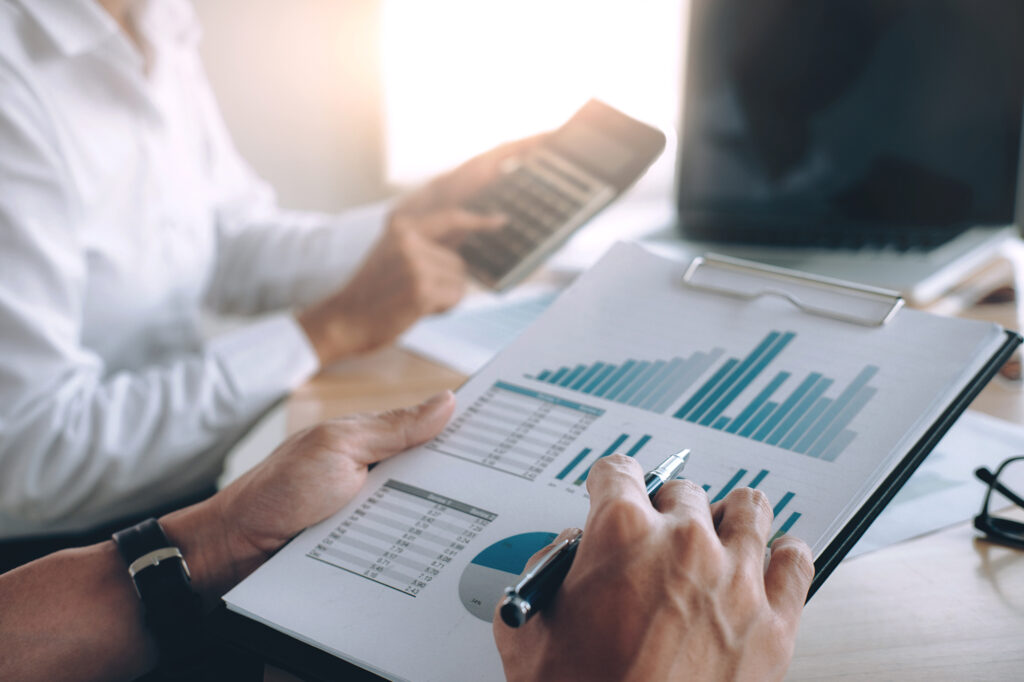In recent years, cybersecurity has become critical to protecting one’s privacy online. With the spread of malware, phishing and online tracking, it is increasingly important to adopt secure practices. Below are 10 tips to safeguard your data and surf online without worry.
Contents
- 1 Use strong and unique passwords
- 2 Use a password manager
- 3 Enable two-factor authentication (2FA).
- 4 Use a VPN to hide your IP address
- 5 Update software regularly
- 6 Beware of suspicious links and attachments
- 7 Limit personal information on social media
- 8 Turn off location tracking
- 9 Clear cookies and browsing data
- 10 Use reliable antivirus software
Use strong and unique passwords
A secure password is the first defense against hacking attempts.
- Use a combination of uppercase and lowercase letters, numbers and symbols to create a unique password for each account.
- Avoid common words or predictable sequences such as “12345” or “password.”
- Personal details, such as name or date of birth, are also easily found online and should be avoided.
- Change passwords regularly to reduce the risk of unauthorized access, especially if you believe an account may be compromised.
- Avoid reusing the same password for multiple accounts, since if one site suffers a breach, hackers can access all accounts with the same password.
- Create a long and complex password for each important account, and if possible, consider using a password manager to help you keep track of different passwords.
Use a password manager
Password managers are tools designed to securely store all your passwords, allowing you to use complex and different combinations for each account without having to remember them. When you use a password manager, you only need one master password to access the entire database, making it easier to have secure and unique passwords for each site or service. Some password managers offer advanced features, such as automatic generation of secure passwords and built-in two-factor authentication, adding an extra layer of protection. In addition, many of these tools include alerts for compromised or weak passwords, helping you keep them up-to-date and secure. The best password managers use advanced encryption, protecting your information even in the event of an attack. This way, you won’t have to worry about losing or forgetting your credentials.
Enable two-factor authentication (2FA).
Two-factor authentication (2FA) is an additional layer of security that requires you to verify your identity in addition to your password. In addition to your password, 2FA requires a code that you can receive via SMS, email, or through an authentication app such as Google Authenticator. This makes it much more difficult for hackers to gain access to your accounts even if they know your password, since they also need the second code. Most major online services, including social media, email and banking services, offer 2FA as a security option, and activating it is generally simple. In the event of suspicious login attempts, you will be prompted to confirm your identity via your chosen method, adding an extra layer of protection for your personal information. This method significantly reduces the risk of phishing and brute force attacks.
Use a VPN to hide your IP address
A VPN, or virtual private network, is an essential tool for protecting your privacy online. When you connect to a VPN, your IP address is masked and your data traffic is encrypted, making it difficult for third parties, such as hackers or advertisers, to monitor your activity. This is especially useful when you use public Wi-Fi networks, which are often less secure and more vulnerable to attack. VPNs also allow you to access geo-blocked content, improving your browsing experience and increasing your online privacy. However, not all VPNs offer the same level of protection: choose a reliable VPN with a no-log policy and advanced encryption. Avoid free VPNs that might collect and sell your data. Using a VPN not only protects your privacy, but also reduces the risks of cyber attacks on public networks.
Update software regularly
Software updates are crucial for online security. They often contain patches that fix known vulnerabilities, preventing hackers from exploiting them to gain access to your device. Vulnerabilities are flaws in code that can be exploited to run malware or obtain data without authorization. Keeping your operating system, browser, and applications up-to-date therefore reduces the risk of attacks. Set up automatic updates whenever possible, especially for security programs such as antivirus and firewalls. Firmware on devices, such as routers and smart TVs, should also be updated periodically, as they may have lesser-known vulnerabilities. Remember that updated software not only improves security but also the overall performance of devices, making the user experience safer and more enjoyable.
Beware of suspicious links and attachments
Phishing attacks aim to trick users into sharing sensitive information by clicking on bogus links or attachments. Before opening an attachment or clicking on a link, always check that the email is from a trusted sender and verify that the web address is correct. Many hackers use similar addresses to legitimate ones to trick users. Some browsers and antivirus scanners flag suspicious links, but caution remains essential. Even if a message appears to be from a known company, check the official website or contact customer service before providing personal information. Avoid opening attachments or links from unknown sources or that seem urgent or alarmist, as hackers often use scare tactics to get people to click.
Social media can be a gold mine of information for anyone trying to profile you. Limit what you share online, such as sensitive data (e.g., addresses, phone numbers, full names) and weak security settings. Many hackers exploit social to find clues to passwords and do social engineering. Check the privacy settings on your profiles carefully and make information visible only to trusted contacts. Avoid posting details about upcoming trips or frequent travel, as this could compromise security in real life as well. Also beware of contact requests from people you do not know. Fake profiles are often used to gather private information. In short, carefully consider any content you share on social media.
Turn off location tracking
Location tracking can be useful, but it is some of the most personal information you can share. Many apps access your location even when not needed, potentially using it for advertising activities or selling it to third parties. To protect your privacy online, turn off tracking in your app or device settings unless strictly necessary. Some operating systems allow you to grant location permission only when the app is in use. Also consider turning off GPS in photos, as metadata can reveal where they were taken. Also, some apps can access your location in the background, so check permissions periodically to avoid unnecessary tracking.
Cookies are used by sites to store your preferences and track you as you navigate. Although useful, they can collect a significant amount of data about your activities. Periodically, delete cookies and browsing data from your browser settings to reduce the amount of information collected. Many browsers allow you to automatically delete data whenever you close your session or offer private browsing modes. This practice can prevent advertisers and third parties from collecting too much information about you. Some browsers also have advanced settings that allow you to block third-party cookies, further improving your online privacy.
Use reliable antivirus software
Good antivirus software is essential to protect your device from malware and other online threats. Reliable software can detect and remove viruses, Trojans, and spyware, protecting your data. Choose an antivirus that provides frequent updates and real-time protection so you can stop threats before they can cause damage. Some antiviruses include advanced features such as built-in firewalls, phishing protection, and email attachment scanning. Avoid free solutions that are too simple, as they may not offer adequate protection or collect your data for advertising purposes. Update your antivirus software regularly to keep up-to-date protection and defend against ever-evolving malware.
Protecting your privacy online is essential to avoid cyber attacks and unauthorized access to your data. With these ten cybersecurity tips, you can greatly improve your digital security and surf with greater peace of mind.
This article was created and reviewed by the author with the support of artificial intelligence tools. For more information, please refer to our T&Cs.
This article or page was originally written in Italian and translated English via deepl.com. If you notice a major error in the translation you can write to adessoweb.it@gmail.com to report it. Your contribution will be greatly appreciated
Giuseppe Fontana
I am a graduate in Sport and Sports Management and passionate about programming, finance and personal productivity, areas that I consider essential for anyone who wants to grow and improve. In my work I am involved in web marketing and e-commerce management, where I put to the test every day the skills I have developed over the years.



